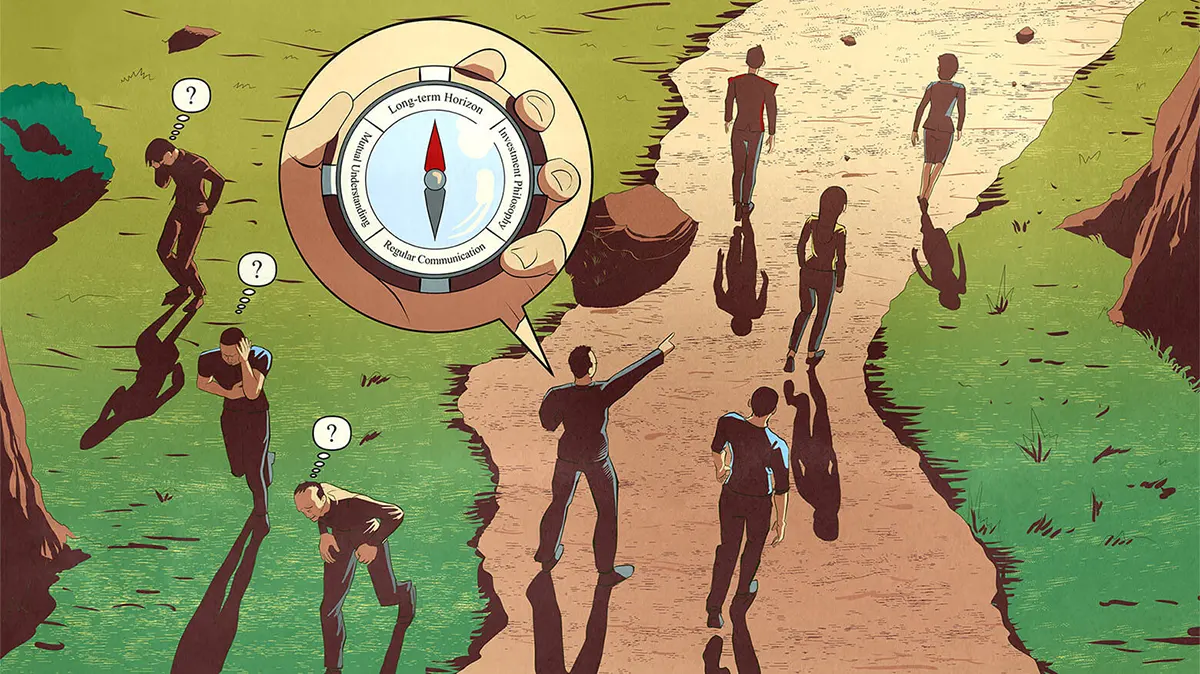I have tremendous respect for The Financial Times. It is a great newspaper and I am privileged to write for it on occasion. But when I see FT write “Sirius Satellite Radio is paying “shock jock” Howard Stern an $83m bonus despite a 50 per cent (their spelling not mine) share price fall since he joined the fledging media group,” I get frustrated. I am frustrated not because of Howard Stern’s compensation, but because of a serious failure by the media to separate individual operating performance from the performance of the stock.
Howard Stern’s job was to bring subscriber growth. In fact, FT writes Stern’s “bonus was made on incentives tied to Sirius’s subscriber growth.” He did what he was hired to do – bring subscribers. Be it a CEO (Bob Nardelli comes to mind here) or a “shock jock,” Howard Stern should be compensated on what he can control – stock price is not one of those metrics. Tying Howard’s compensation to the performance of Sirius stock is not much different from tying his compensation to General Motors’ car sales – he has no control over it whatsoever. Howard Stern is a smart cookie, he is the most highly paid entertainer in the world after all, and thus he tied his compensation to something he could control – subscribers.
I wrote this article Howard Stern’s $500 million Sirius deal a bit more than two years ago, enjoy!









0 comments